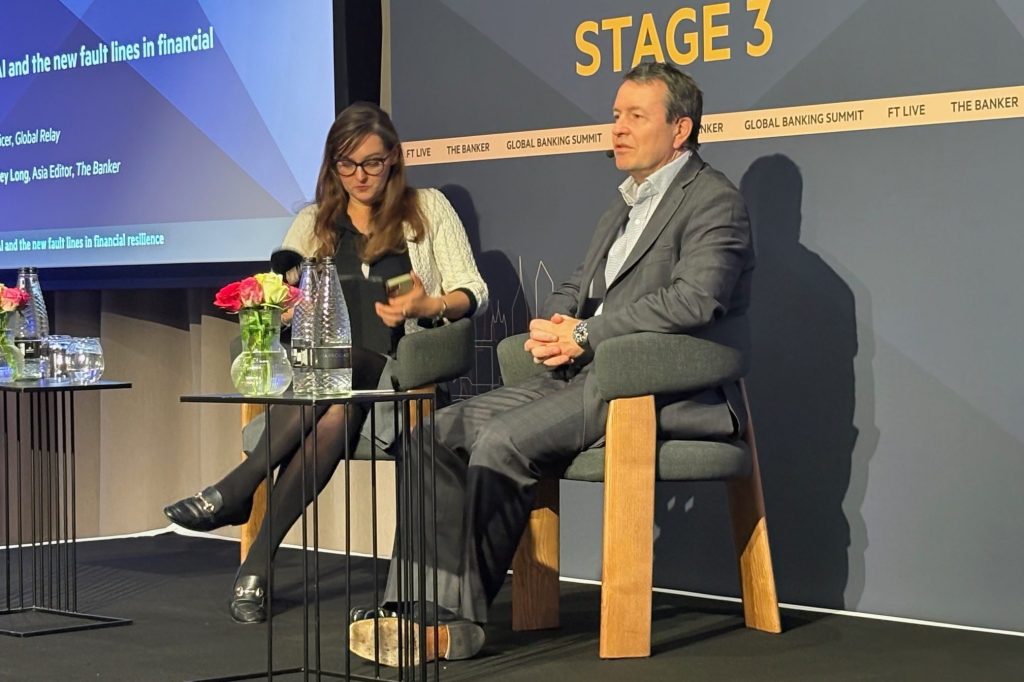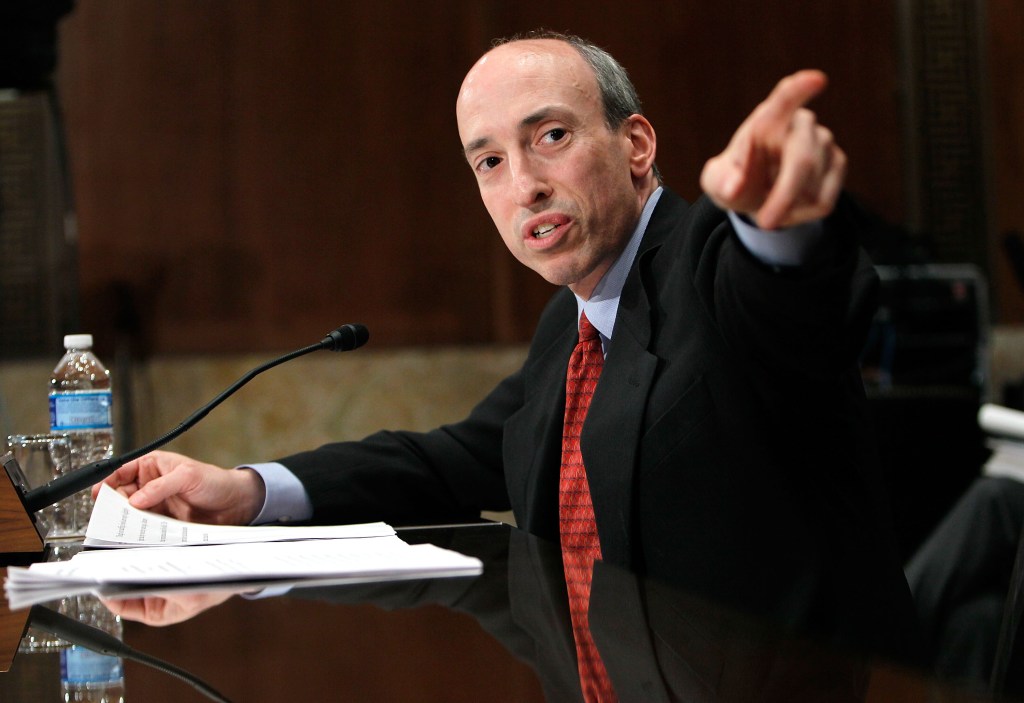The US SEC has voted, with two commissioners dissenting, to usher in new rules and overhaul the $18trn private fund marketplace in ways that will have an impact on this fast-growing sector – but not as profoundly as many had feared.
Registered investment advisory firms that manage private funds or recommend
Register for free to keep reading.
To continue reading this article and unlock full access to GRIP, register now. You’ll enjoy free access to all content until our subscription service launches in early 2026.
- Unlimited access to industry insights
- Stay on top of key rules and regulatory changes with our Rules Navigator
- Ad-free experience with no distractions
- Regular podcasts from trusted external experts
- Fresh compliance and regulatory content every day












